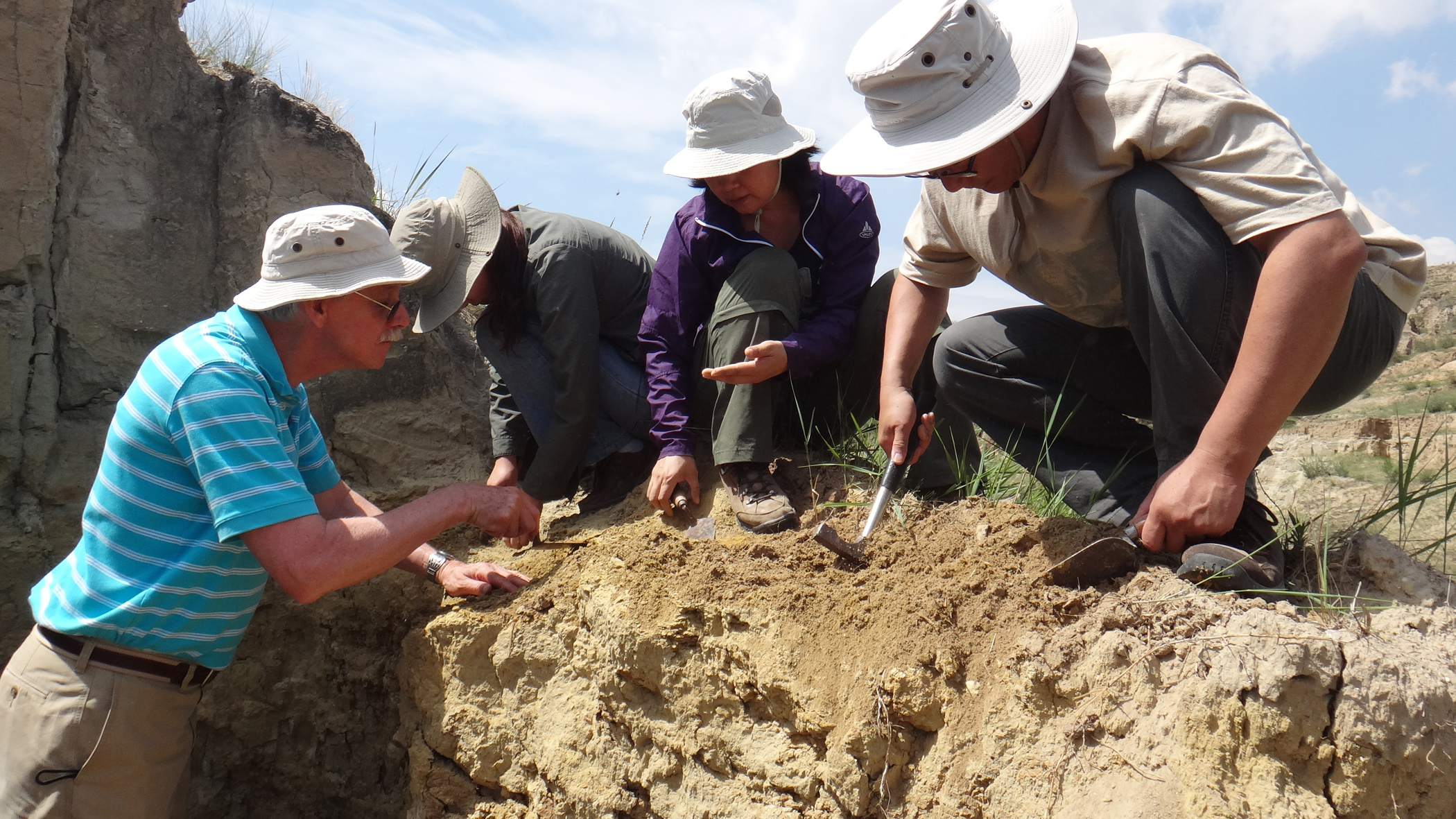Chinese archaeologists find 2-million-year-old 'playground' of ancient toys


A free daily email with the biggest news stories of the day – and the best features from TheWeek.com
You are now subscribed
Your newsletter sign-up was successful
A new discovery suggests that roughly two million years ago, the children of our earliest ancestors played with toys — and the artifacts could have larger implications about mankind's migration across earth.
Archaeologists found more than 700 stone artifacts in the Nihewan basin of China's Hebei province. The archaeologists believe the site was once home to a small "playground" of sorts, The South China Morning Post reports, because it didn't contain animal remains or large stone tools, which would be typical for a habitat site, but not a children's play area.
While photos haven't been released to the public, the archaeologists say the artifacts were small and most likely carved by women and children.
The Week
Escape your echo chamber. Get the facts behind the news, plus analysis from multiple perspectives.

Sign up for The Week's Free Newsletters
From our morning news briefing to a weekly Good News Newsletter, get the best of The Week delivered directly to your inbox.
From our morning news briefing to a weekly Good News Newsletter, get the best of The Week delivered directly to your inbox.
"This is an amazing discovery," Wei Qi, a paleoanthropologist who is leading the research at the site, told The South China Morning Post. "The site is a treasure chamber that may hold some useful clues to answer a lot of important questions, from the social structure of the early hominids to whether, when, and how they arrived in Asia all the way from Africa."
Scientists generally accept that human ancestors migrated out of Africa 1.8 million years ago, but if the site's artifacts predate that figure, it could mean they left earlier or evolved completely independently.
A free daily email with the biggest news stories of the day – and the best features from TheWeek.com
Meghan DeMaria is a staff writer at TheWeek.com. She has previously worked for USA Today and Marie Claire.
